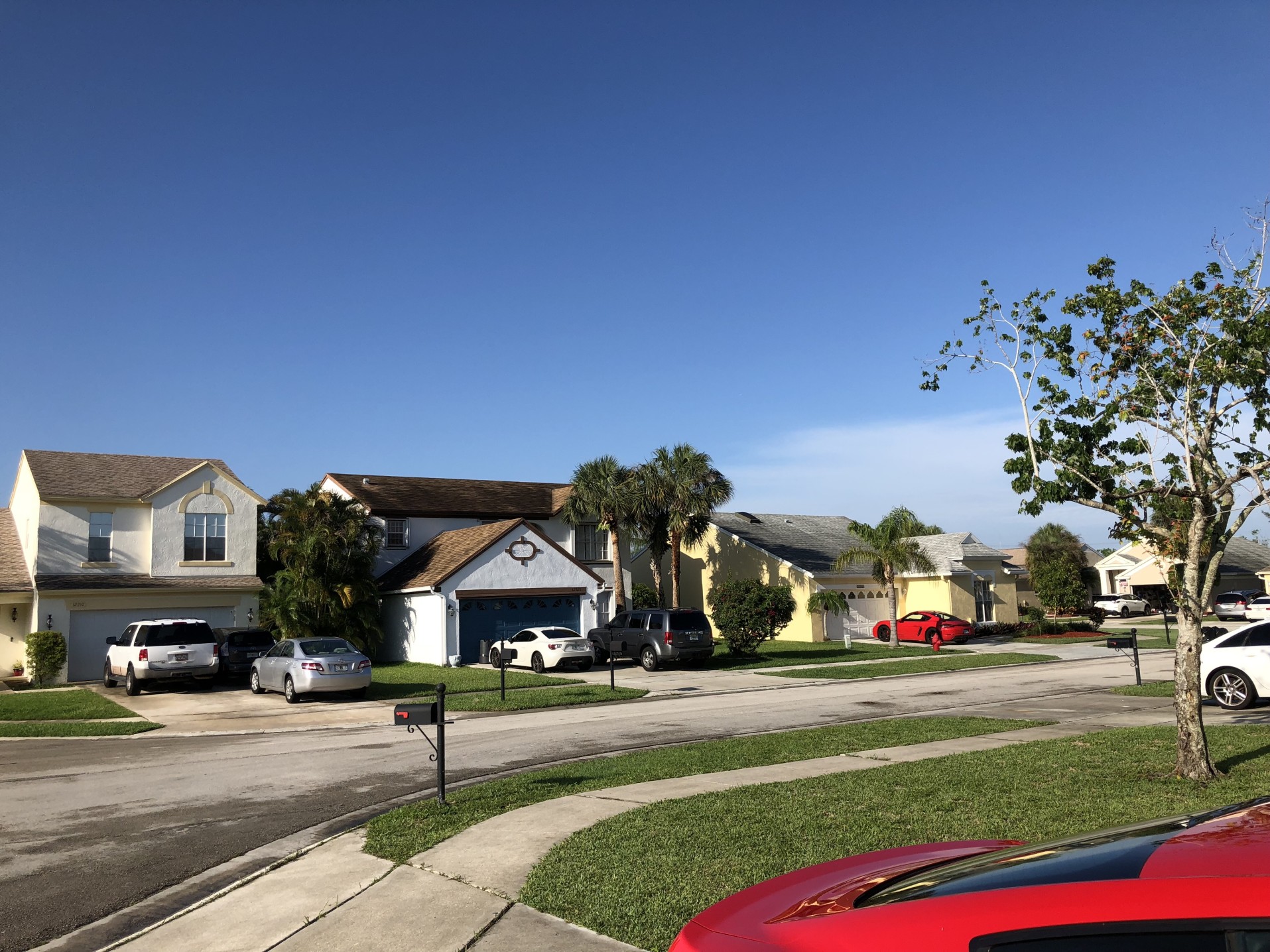Bankruptcy in general can be stressful, but facing the loss of a vehicle can be particularly scary. We need our cars to take us to work, to see family, to get groceries – it’s nearly impossible to function in today’s society without a car. Very often, people who are suffering from financial stress are in danger of their vehicle being repossessed.
The good news is, if you’re planning a bankruptcy in the future, the timing and type of the bankruptcy may prevent the need to surrender your car. Depending on if you choose to file Chapter 13 or Chapter 7, you may be able to delay repossession or avoid it altogether.
If you currently can’t keep up with your car payments, you may think you have no option but to give the car up. Many people feel that if they give the vehicle up voluntarily, they can time it and not be surprised and stranded when the tow truck arrives. However, you may also wonder if you’ll have it longer if you just wait for them to get around to taking your car back. In either scenario, it can be very stressful and cause anxiety, affecting every area of your life.
Bankruptcy allows you to control and give yourself a better way to handle the situation, whether arranging to keep the vehicle or being in control of the timing.
Vehicle Surrender or Repossession Seldom Solves Anything
Surrendering your car (or waiting for it to be repossessed) solves very few financial issues. You are now without a vehicle, and you still have financial responsibilities to the lender.
In most cases, the lender will sell your car and you will be held responsible for making up any shortfall. The problem is, these cars are often sold at auction for far less than they’re worth. Although the sale proceeds are subtracted from your debt, you must pay the balance in full right away. If you were struggling with payments, making a lump sum payment could be even more problematic.
Even if you expected the balance to be affordable, you have to consider that your lender is likely to add late fees, fees resulting from the repossession process, and fees generated during the sales process. These fees are all legal and outlined in your original contract – and can add up quickly.
Because there is often a large balance due – and most people do not have access to enough money for a lump sum payment – the lender may quickly move on to legal action. Lawsuits, wage and bank balance garnishments could ensue. These actions against you may very well force you into bankruptcy anyway. Therefore, it makes sense to investigate your bankruptcy options before repossession occurs.
Chapter 7 and Vehicle Loans
If you are behind on your car payments, collection efforts and repossession proceedings are typically already in progress. Filing for Chapter 7 puts an immediate stop to both of these efforts against you. Known as an “automatic stay,” this move will buy you two months (or more) to catch up on your payments.
A Chapter 7 bankruptcy permanently discharges all or most of your debts – meaning that more monthly income will be available to make your vehicle and insurance payment, as well as gas and maintenance costs.
However, if you are filing bankruptcy under Chapter 7, you still may decide to surrender your vehicle. Your attorney will work with you throughout the automatic stay period to ensure you give up your car at the most convenient time. Because most people undergoing bankruptcy are represented by legal counsel, you will have representation through every aspect, including your vehicle situation. If you decide to surrender the vehicle, the court will discharge the remaining financial responsibility described in the last section.
Chapter 13 Helps Retain Your Vehicle
If you must keep your vehicle, Chapter 7 may not provide all of the assistance that you will require. Even after discharging your debts, you may find the loan payment too large to meet every month. Chapter 7 does not discharge child support or alimony, so if you are filing bankruptcy along with divorce, your monthly payments may be significant.
In Chapter 13, an “adjustment of debts” often permits you to make your vehicle payment before other necessary debts like support or income taxes.
Also, Chapter 13 permits up to 5 years to catch up on any back payments – or negates the need to catch up with them at all. You may even be eligible for a “cramdown,” which lowers your monthly payment and reduces your interest rate. This option is available if your vehicle is more than two and ½ years old and may allow you to pay off your car loan within the five-year repayment program agreed to by the courts and your creditors. If structured correctly, you can own your car free and clear at the end of the process.
Being behind on your vehicle payments is stressful, and you may be tempted to give back the vehicle to end your anxiety – but as you can see, surrendering your car may lead to even more significant issues. Before doing anything, call the law offices of Sarasota bankruptcy attorney Richard V. Ellis. We’ll discuss all your options and determine the best way to proceed that protects you and gives you a fresh start.





